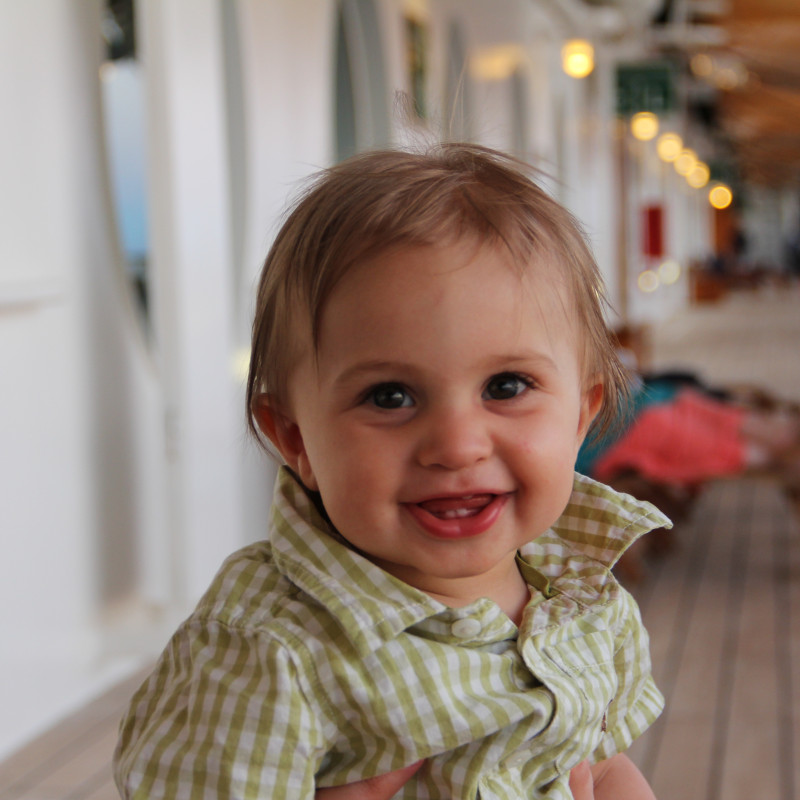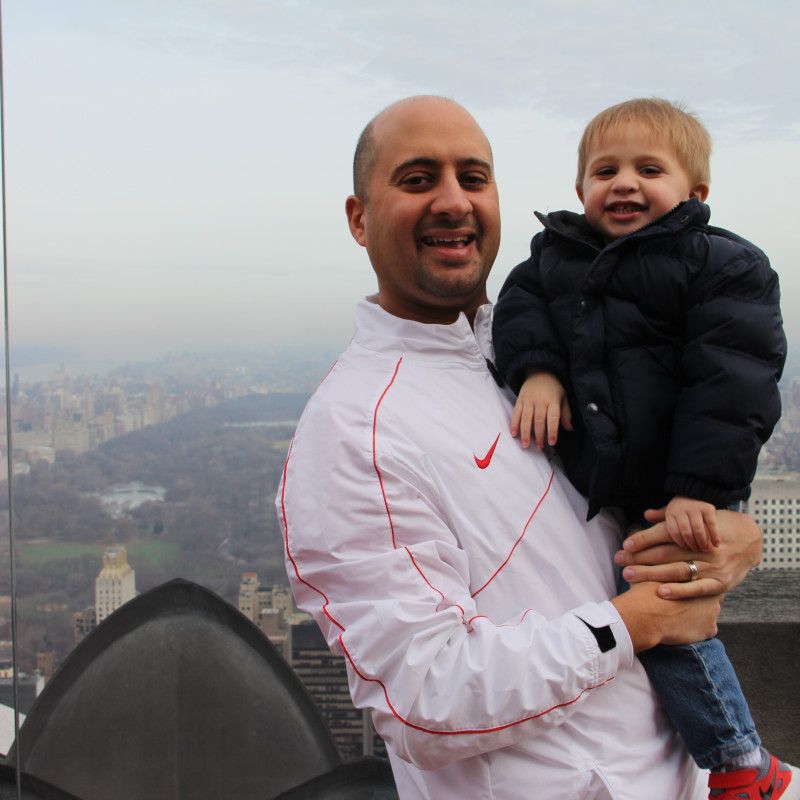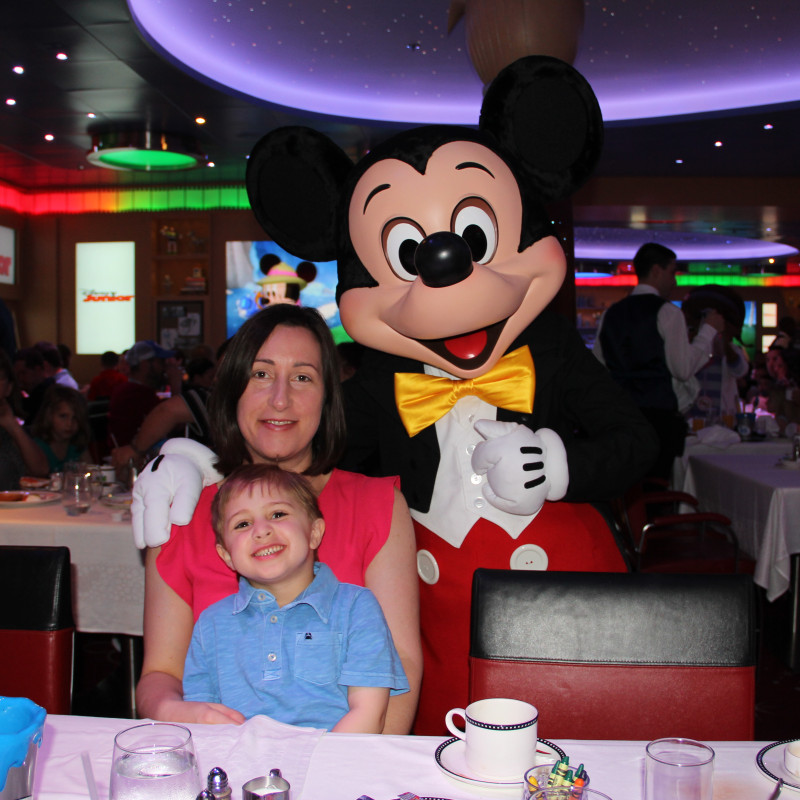
ALEX'S STORY
Gene Mutation: Deletion of exons 45-50
Our journey to diagnosis began when Alex was three. We noticed that Alex was not growing and hitting development milestones at the pace of his peers. He wasn’t able to jump, ride a bike, run with a full gait, or walk up stair steps independently. Despite being told for a while that children grow at their own pace, mother’s intuition told me to push for testing. August 17, 2015 is a pivotal day in our family's story. That is the day that we were first told that our four year old son likely had some form of muscular dystrophy. The specialist called me following a Creatine Kinase test (muscle enzymes) and asked if was in a place where I could sit down. The moments following that call will forever be a blur; a wave of indescribable emotions. For a moment, time literally stood still.
Diagnosis stories are eerily similar. For us, though, our journey since diagnosis has felt different. Somehow fortune seems to repeatedly find us among all of our misfortune. Twenty-four hours following the phone call that changed our lives, we sat across the room from the world’s leading neuromuscular researcher. Fortunately for us, this would be our new medical care team and they were located thirty minutes from our home. Seeing the pain on our faces, the doctor chose to say, “You know… Alex is only four and in a few years, there are going to be some options for him.” We clung to those words, not knowing yet how much they would mean until weeks later.
We received the genetic test results at the end of September 2015. The doctor called to confirm that Alex had Duchenne Muscular Dystrophy ("DMD"). He went on to say that due to the specific area of the dystrophin gene mutation, Alex was among the 13% of DMD patients amenable to a drug therapy currently in trial. For four years, this therapy had been shown to restore some dsytrophin production and prolong ambulation. There was no question we needed to do this for Alex and to help science move forward. Two weeks later, we had secured the last spot in the trial for Alex before enrollment closed. In January 2016, Alex received his first dose of drug through an IV infusion and weekly doses since then. There it was again – fortune in our misfortune.
Alex is too young to comprehend the gravity of his diagnosis and what his future might hold. Alex is aware that he is not able to do everything his peers can do and although he’s adapted, it still frustrates him. He’s a silly, witty, curious boy who loves movies, music, and playing outside. He asks what feels like thousands of questions. The toughest question came randomly one night when I tucked him into bed right after we found out we got into the clinical trial. He looked at me and whispered, "Mom? Am I going to be ok?" Because of hundreds of dedicated researchers, parents, and patients sacrificing for decades before we knew the words Duchenne Muscular Dystrophy, I was able to look Alex in the eye and say with reassurance, "Yes. We have options and we are going to figure out how to make you better."



